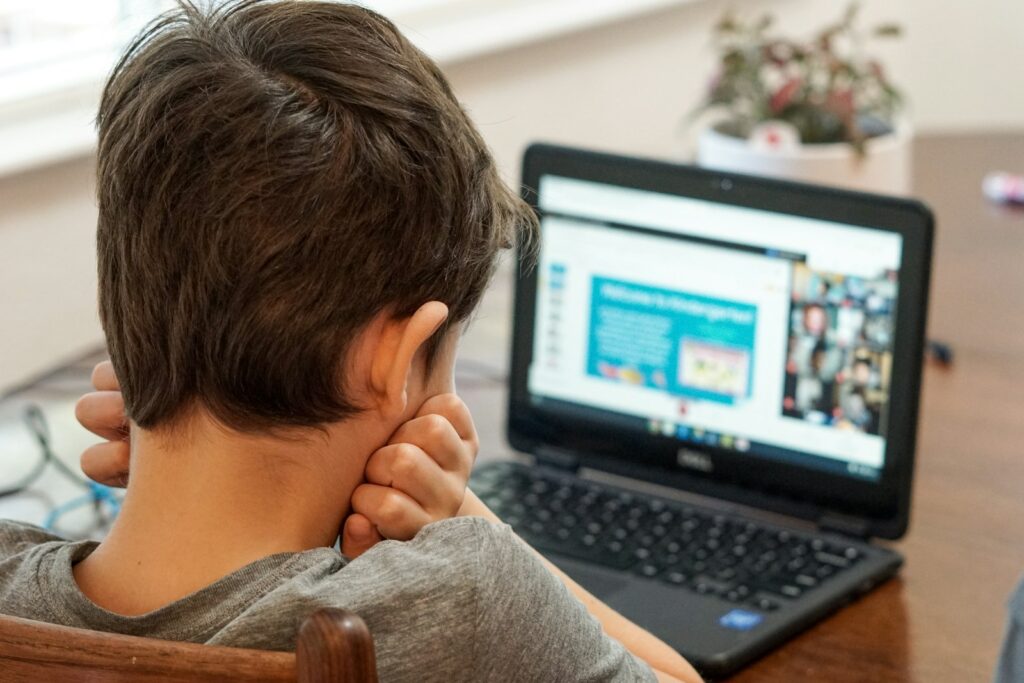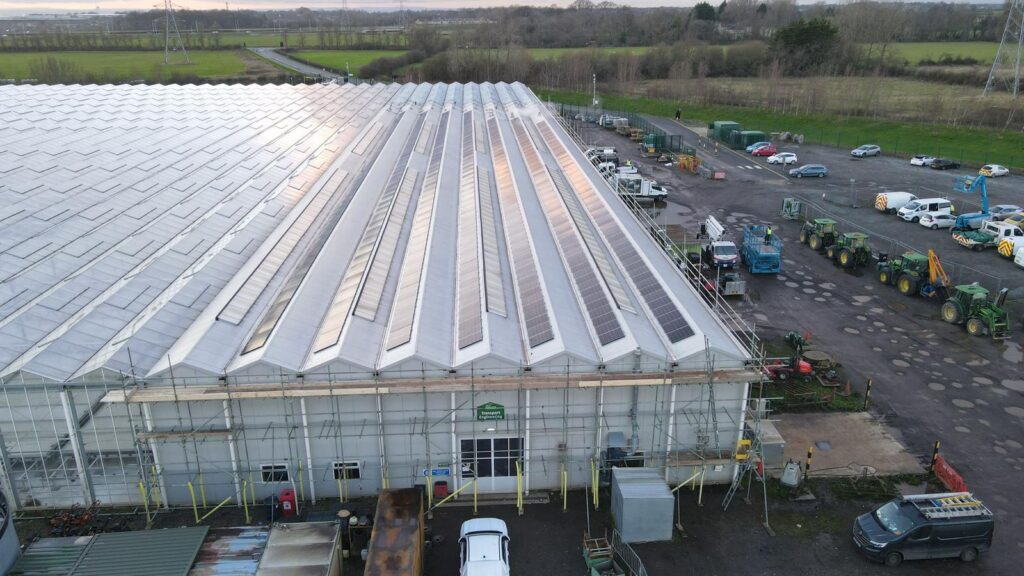Communications regulator publishes results of research conducted with 22 serving or former female MPs, who say they receive hate and abuse every day and that it’s getting worse
A new report from Ofcom reveals that women in politics receive high levels of online hate and abuse, that there is little they can do to counter or address this, and that the problem is getting ever worse.
Photo by Priscilla Du Preez 🇨🇦 / UnsplashThe 2024 general election saw 263 women elected as MPs, which, at 40.5% of the 650 total, is the highest proportion ever. But efforts to achieve and maintain equality face a significant obstacle: as the new report shows, women, in particular, are targets of online hate and abuse.
All current women MPs were invited to share their experiences of online hate and abuse, as were members of the House of Lords who had served as MPs and some former MPs who served between 2019 and 2024. In the end, researchers interviewed 22 current and former MPs.
Many said they feared that such abuse deters women from getting involved in politics. Some even said that online abuse had been a factor in them or women they knew withdrawing from politics.
Baroness Morgan of Cotes, an MP from 2010 to 2020, has written a foreword to the report. She says: ‘When I encountered my first death threat on a social media platform I couldn’t quite believe my eyes – shock turned to frustration when the social media platform refused to believe it was a threat or take any action.
‘Having a visible online presence is non-optional for candidates and elected representatives. But too often, as this report makes clear, the volume and type of abuse not only negatively affect conduct online, but set unwanted boundaries in the physical world too, which male counterparts don’t have to contend with. The harmful content encountered is dealt with by our staff and seen by our families and friends too.’
Of course, the internet and social media offer many benefits. They enable politicians to share messages, connect with constituents and engage with political issues. But this new research shows consistent negative trends that disproportionately impact women.
Hate and abuse are often triggered by the ordinary aspects of an MP’s work, such as being vocal about a particular issue. The hate and abuse often have an underlying misogynistic tone, regularly moving into rape and death threats. This comes from a wide variety of people – not just anonymous accounts but also people who identify themselves as constituents.
What’s more, respondents said hate and abuse are difficult to address or control. Tools such as muting or blocking were insufficient. Of even more concern, respondents said hate and abuse were difficult to getting worse in being more common, apparently normalised, and ever more sophisticated in targeting individuals.
As the report says, some of the hate and abuse experienced is illegal under UK law. The Online Safety Act introduced last year requires platforms to assess the risk of users in the UK encountering illegal material and provide appropriate measures to protect them.
Ofcom has already recognised that these harms disproportionately affect women and girls, and consulted on guidance for tech firms to tackle this specific issue. Its four priority areas for action are online harassment such as that covered in this new report, online domestic abuse, image-based abuse and online misogyny. The consultation is now closed and the regulator is considering responses before finalising guidance.
A code of practice for particular online services to ensure they comply with legal duties will also be put out for consultation soon.
In related news:

















Leave a Reply